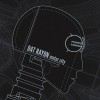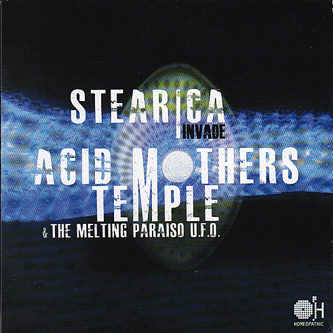 Contemporary Detroit is in ruins, its car plants and the employment they provided gone; and given the pollution and petrol-guzzling its main product was and is infamous for, perhaps not especially mourned by many. It’s a city where recoverable houses can be bought among the weeds which are making home to resurgent scrubland for $500 or less. There’s supposedly a number of optimistic new settlers moving in in search of cheap homes and the chance to rebuild afresh, to reuse and recycle to old factories into farmland and to repopulate the city on a more human scale. As with cities everywhere in the post-industrial west, some kind of eco-sensitive renewal seems to be ongoing, though whether Detroit can raise sustainable vegetable gardens from its vast areas of blight, both physical and economic, remains to be seen.
Contemporary Detroit is in ruins, its car plants and the employment they provided gone; and given the pollution and petrol-guzzling its main product was and is infamous for, perhaps not especially mourned by many. It’s a city where recoverable houses can be bought among the weeds which are making home to resurgent scrubland for $500 or less. There’s supposedly a number of optimistic new settlers moving in in search of cheap homes and the chance to rebuild afresh, to reuse and recycle to old factories into farmland and to repopulate the city on a more human scale. As with cities everywhere in the post-industrial west, some kind of eco-sensitive renewal seems to be ongoing, though whether Detroit can raise sustainable vegetable gardens from its vast areas of blight, both physical and economic, remains to be seen.
Throughout Motor City there is the feeling of a car-owning and worshipping civilization travelling to meet its inevitable doom. Like “Autobahn” before it, there is a sense of motion provided by the stereo pan of automobile-impersonating hums and the endless turning of the mechanical rhythms and synthetic beats which mark out the miles of the title track (parts 1 and 2). Where Kraftwerk were apparently on a utopian superhighway on a neverending ride into a gleaming electronic future, Dat Rayon having nothing much more to promise their passengers than a slow progress along battered, weed-encrusted freeways and a premonition that the end times lie just beyond the next intersection. Their affinities assuredly lie with JG Ballard‘s take on the life and death cycles of cities and the clogging of their arteries. On some tracks, like the uncoiling downtempo flurries of “Molten Asphalt,” in the hissing, jittery dub shuffle of “Belair Convertible” or among the rain-dripped passing cars and metallic scree of “Auto Parts,” the entropy is almost tangible.
-Richard Fontenoy-



